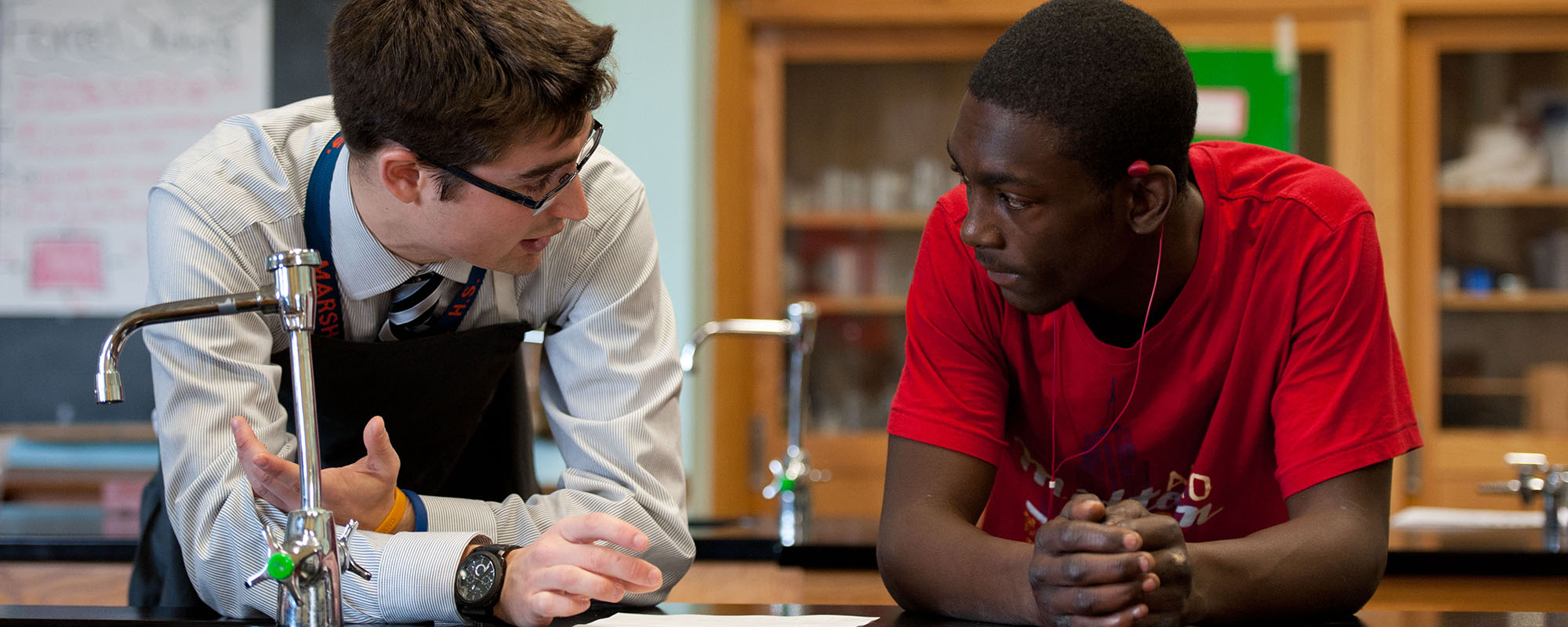
Comprehensive, professional learning for science educators
The science team works with STEM educators to support and improve the learning and teaching of science and engineering in K-12 settings. Through our partnerships, we design and implement professional learning to develop individual and organizational capacity that fosters joyful STEM learning for students and meets the ongoing, changing needs of the practitioners with whom we collaborate. We draw from current learning and motivation research in all our endeavors and translate that research into practice to develop equitable learning experiences that provide access to STEM learning for all.
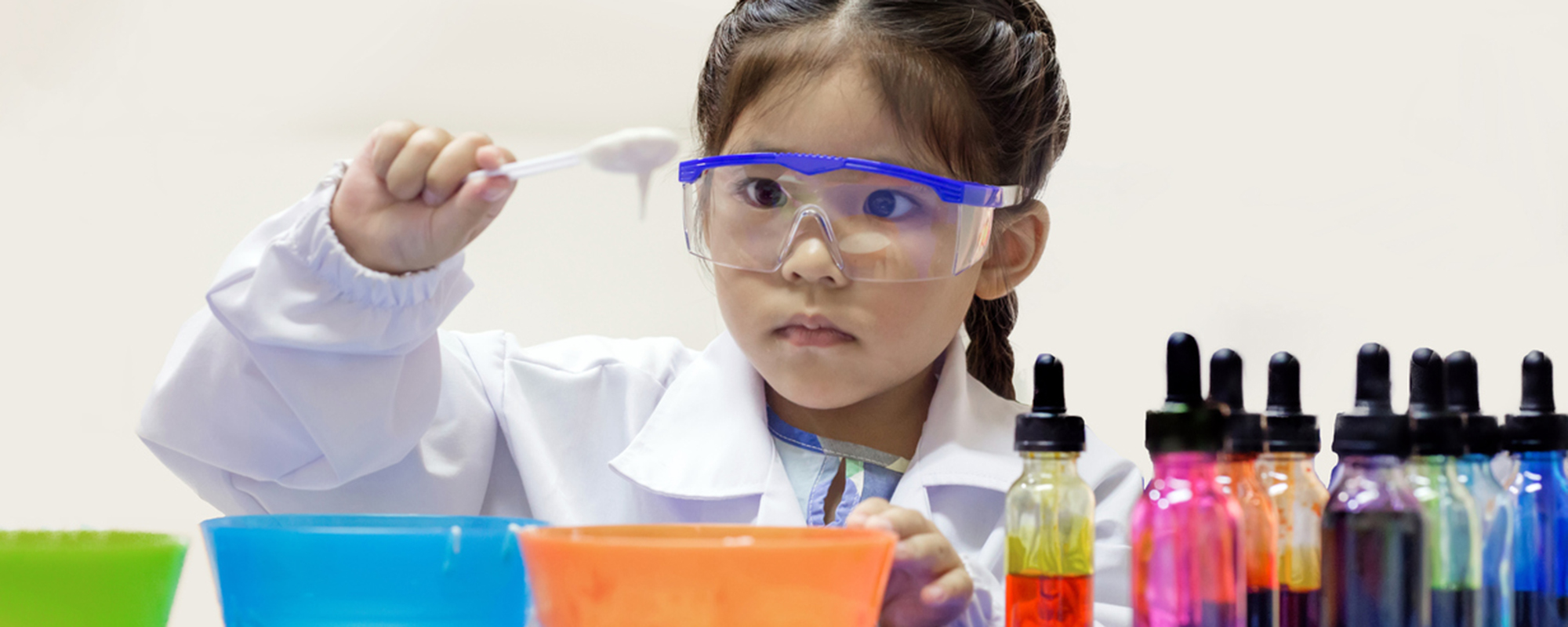
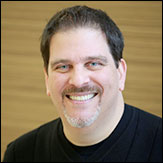
Science Team
Michael Occhino, Director
Kimberly Fluet, Associate Director
Kelly Pearson, Associate Director
Michael Daley, Associate Professor
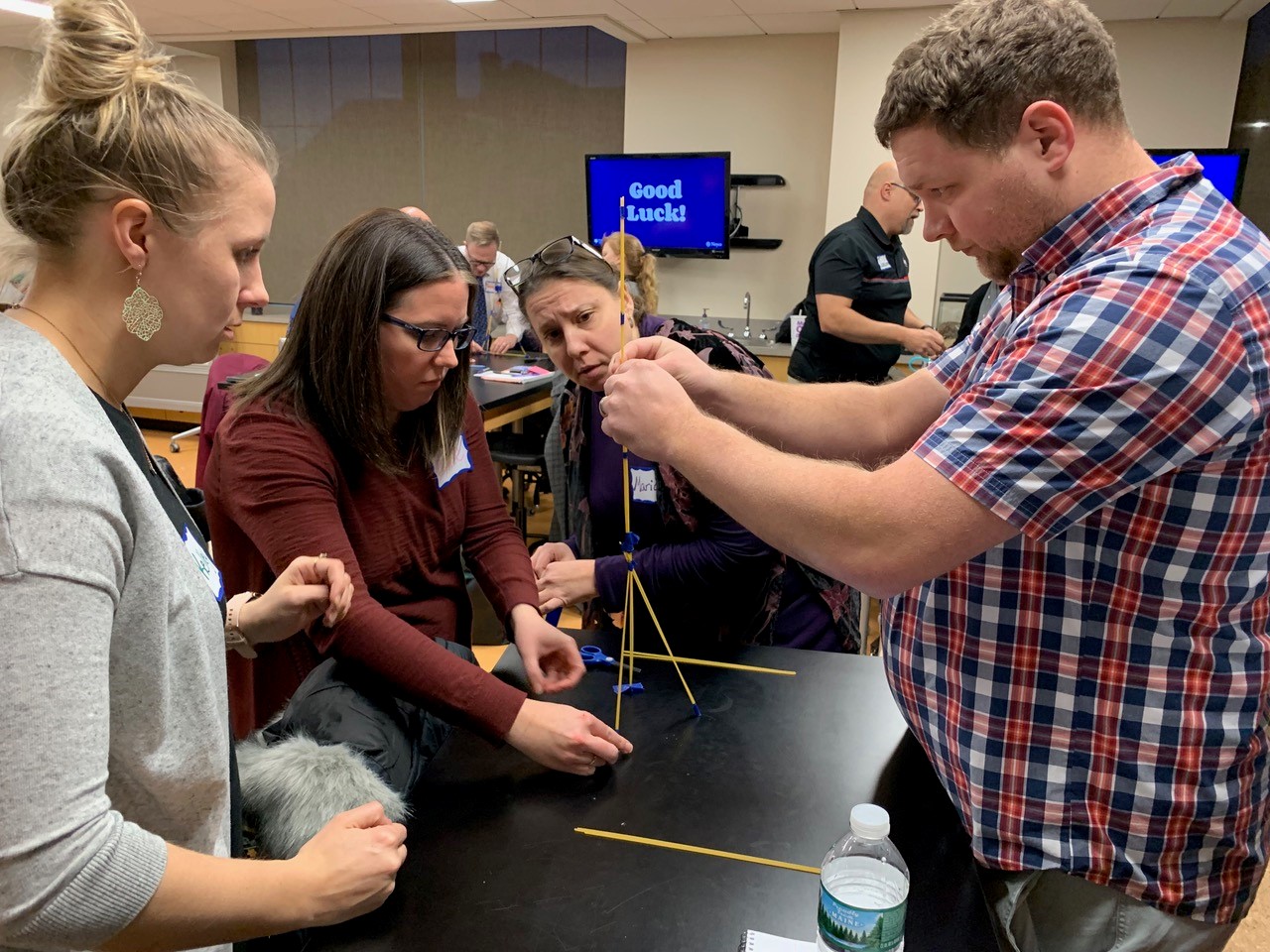
Professional learning institutes
We routinely design customized professional learning offerings tailored to district needs and initiatives. Some examples of current and past offerings include:
Science and Engineering Practices in Action, an integrated institute that develops teacher understanding of the Next Generation Science (Lead States, 2013) practices and 3D learning as described in A Framework for Science Education… (NRC 2011).
Developing Teacher Content Knowledge in a 3-Dimensional World, in conjunction with our partner, the University of Rochester’s College of Arts, Science and Engineering, we create an experience that immerses teachers in science and engineering laboratories in order to deepen content knowledge and ground their science teaching in experiences with professional researchers in Biomedical Engineering, Biology, Environmental and Earth Sciences, and Optics.
Science Teaching for English Language Learners, answers the question, how can we effectively design rich STEM learning experiences for all students.
Modeling in Science and Engineering, provides experiential opportunities for teachers to engage as learners in scientific modeling and the engineering design cycle. Teachers develop the ability to plan integrated STEM learning experiences for their students.
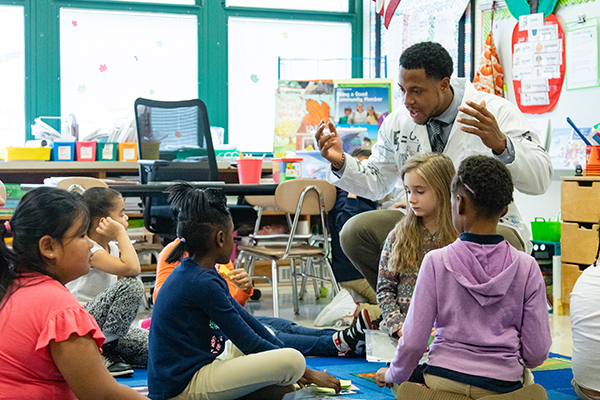
Teaching labs
Teaching labs are a vehicle to provide a shared experience in order to engage in a professional conversation about science content, instructional practices, and student thinking. The teaching lab lesson showcases one or more professional learning objectives that are explicitly modeled by the provider, for example, model-based inquiry, incorporation of the science and engineering practices, privileging student voice by enhancing student-student discourse. In a teaching lab experience, a facilitator plans a lesson using instructional practices connected to other professional learning experiences and/or district initiatives. A team of teachers will then engage with the facilitator in the following phases:
- A pre-lesson discussion to consider the “big ideas” of the lesson, anticipate student thinking, and contribute to the lesson design.
- Observation of the science lesson taught in a classroom by the facilitator with participants collecting evidence with a particular focus.
- A debriefing discussion to examine student work and thinking; reflecting on instructional moves and their impact.
Teaching labs provide a space for educators to engage as learners of our craft and of student learning. Lab experiences are focused on a specific lesson, task, or instructional move that highlights effective teaching practices and student thinking as it plays out live in the classroom.
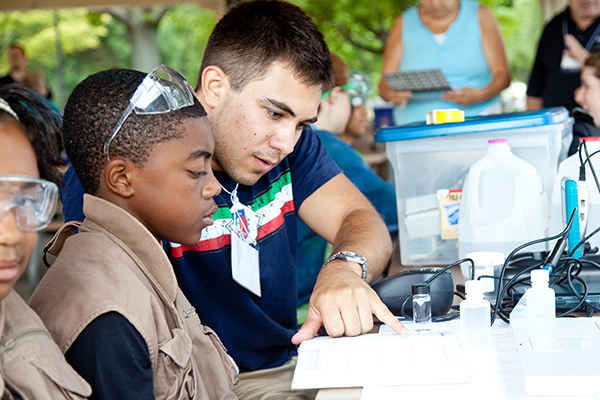
Content-focused coaching
We engage one on one with teachers who are looking to deepen their understanding of science teaching and learning and shift their practice to improve each student’s experience. As partners in an inquiry into student learning, the teacher and the coach together consider what is currently happening in the classroom, explore implementation of new ideas, and make space for growth and change – both for the teacher and the students. Each coaching cycle follows a three-part model in which the teacher and coach plan, implement, and reflect on a lesson as a team.
